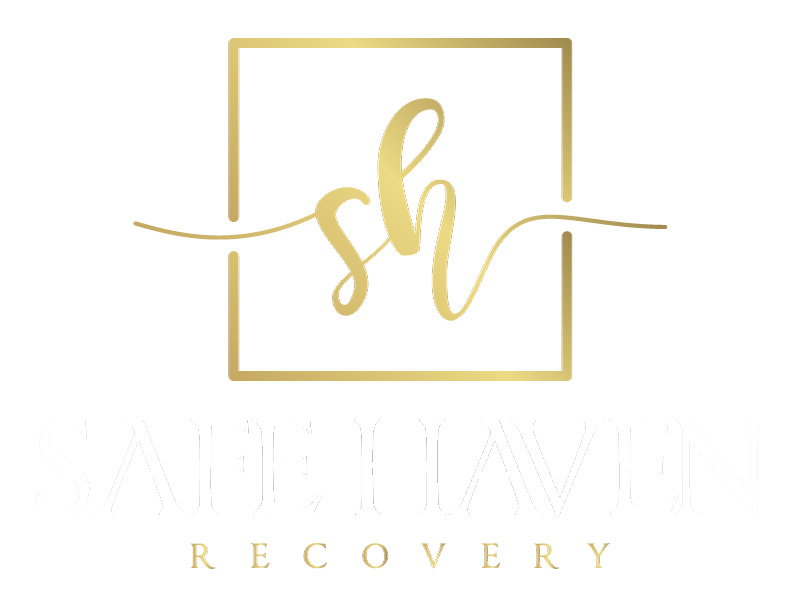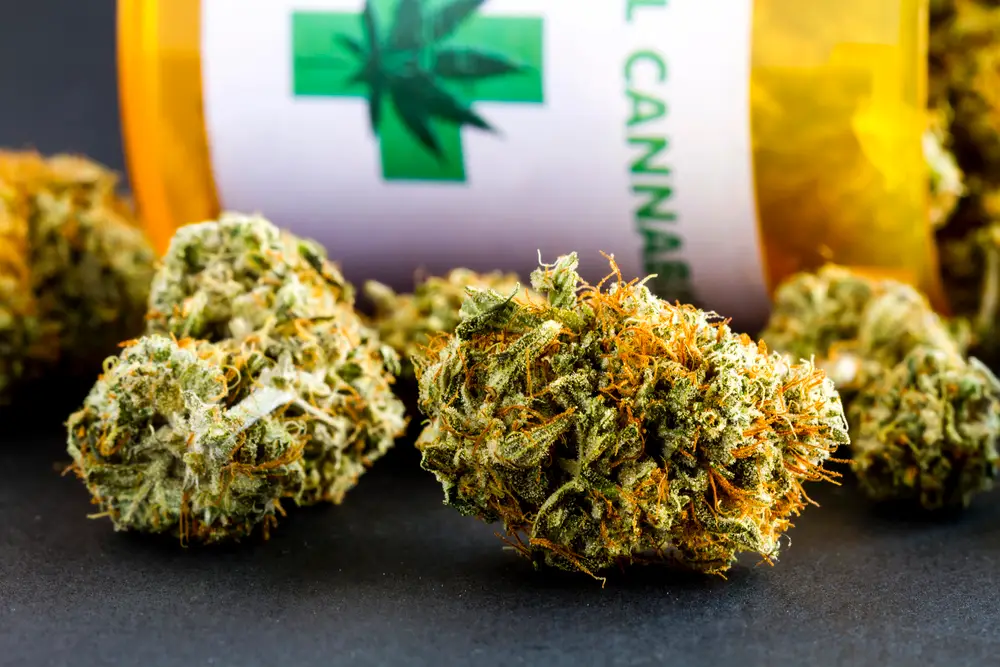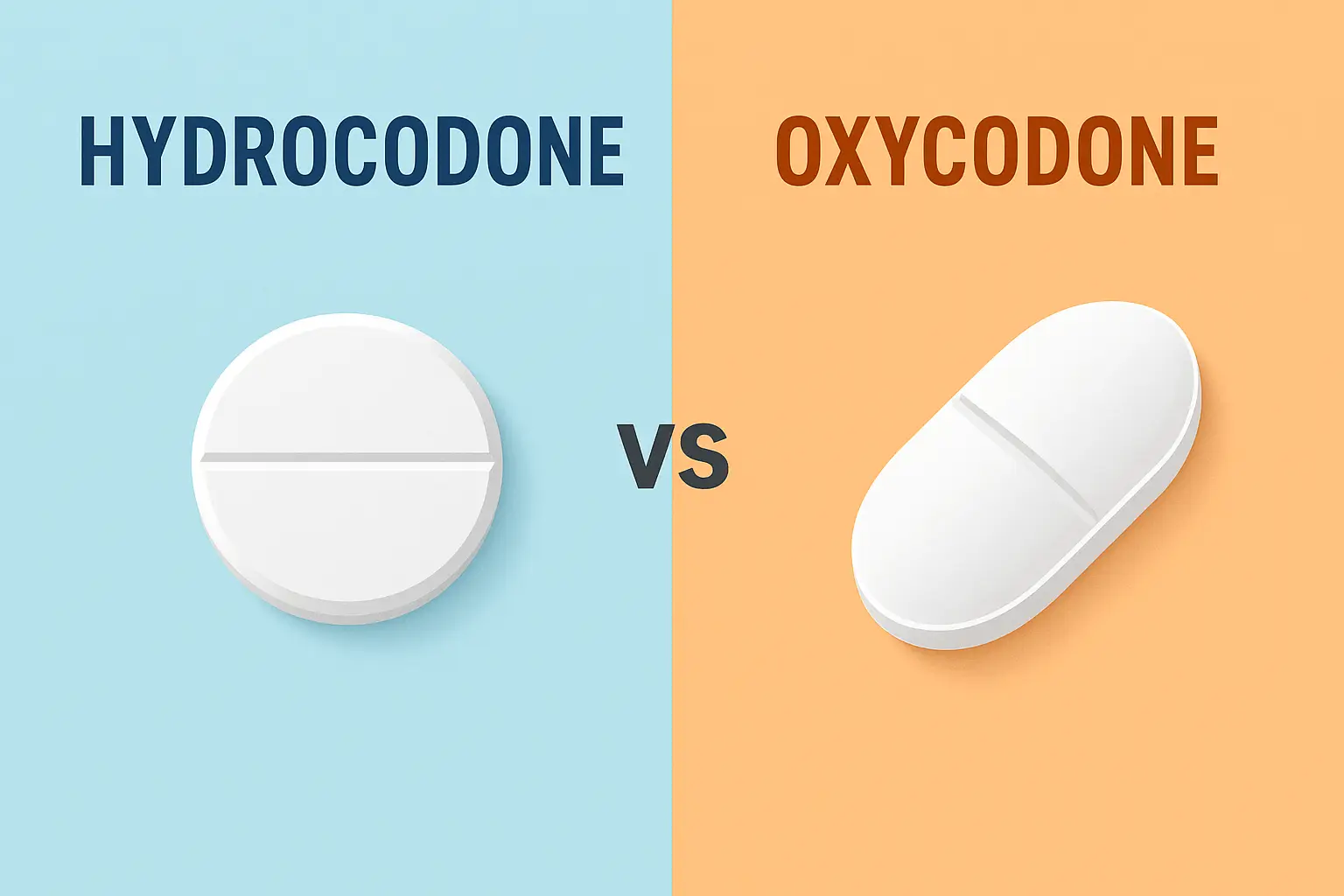
Non-addictive anxiety medications are available but proper advice from a doctor is needed.
Finding effective treatments for anxiety is increasingly important. However, a major concern for those seeking anxiety help is the risk of addiction to certain medications. This worry is valid because the path to recovery should not create a struggle with dependency.
Non-addictive anxiety medications are a promising option for safer anxiety management without the risk of substance use disorders. This post will look into a variety of anti-anxiety medications, offering valuable information and insights for those seeking effective relief from anxiety. It reassures readers that safe and effective options are indeed available for treating mental health disorders.
SSRIs
Selective serotonin reuptake inhibitors (SSRIs), mainly used to treat depression, also help in treating anxiety disorders by increasing serotonin levels in the brain. This boost in serotonin improves mood. These drugs are especially effective in treating conditions like post-traumatic stress disorder (PTSD) and obsessive-compulsive disorder (OCD).
SSRIs include:
- Sertraline (Zoloft®)
- Escitalopram (Lexapro®)
- Fluoxetine (Prozac®)
- Citalopram (Celexa®)
- Paroxetine (Paxil®)
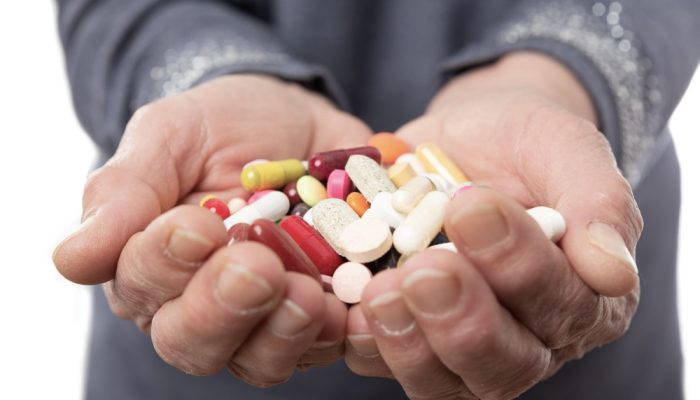
The downside of non-addictive anxiety meds like SSRIs is they need four to six weeks to kick in fully. If you suddenly stop taking them, you might face tough withdrawal symptoms, which may require professional medical detoxification to manage safely, including dizziness, nausea, chills, “brain zaps,” and vision issues.
SNRIs
Serotonin-norepinephrine reuptake inhibitors (SNRIs) are commonly prescribed to treat generalized anxiety disorders (GAD) and panic disorder or panic attacks. They not only increase serotonin levels, like SSRIs, but also modulate norepinephrine levels. This neurotransmitter is linked to alertness and concentration, and its regulation can significantly improve mood.
Some examples include:
- Duloxetine (Cymbalta®)
- Venlafaxine (Effexor®)
The side effects of SNRIs are akin to those experienced with SSRIs, but may also include tiredness, reduced appetite, and constipation. Additionally, suddenly discontinuing SNRIs can lead to withdrawal symptoms, similar to SSRIs.
Buspirone (Buspar®)
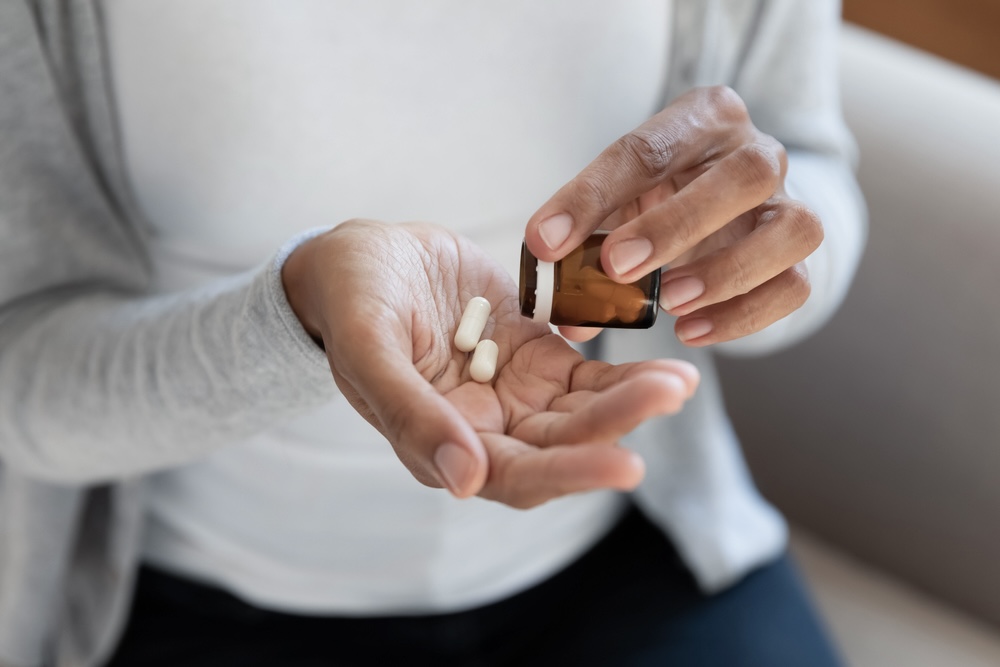
This anxiety medication, which is not addictive, works similarly to SSRIs by boosting serotonin-related chemical messengers. Unlike SSRIs that affect multiple serotonin receptors, Buspar focuses on a single subtype, impacting a specific brain area. This targeted approach results in fewer side effects compared to the broader impact of SSRIs. However, it takes a similar timeframe to SSRIs to notice its effects.
Potential side effects may include:
- Feeling lightheaded
- Experiencing nausea
- Having a sore throat
- Facing difficulties with sleep
- Feeling drowsy
Beta-Blockers
These non-addictive anxiety meds quickly ease symptoms like shaking and fast heartbeat because they block the effects of adrenaline. Adrenaline triggers anxiety in your fight-or-flight response. Beta-blockers don’t alter your brain’s chemical balance, so they’re not for long-term use. They’re often used short-term as you look for more permanent anxiety solutions. Beta-blocker examples include:
- Atenolol (Tenormin®)
- Acebutolol (Sectral®)
- Propranolol (Inderal®)
Hydroxyzine (Vistaril®)
Hydroxyzine acts quickly to temporarily ease anxiety. It can make you sleepy at first, but that effect decreases with longer use. It works by blocking the histamine receptor, helping to balance brain chemicals that affect mood, similar to how antihistamines like Benadryl® and substances that influence serotonin do.
Alternatives to anxiety medications
Drugs to treat anxiety including SSRIs, SNRIs, and beta blockers may have a low addictive potential, however, there are also some methods you can incorporate into your daily routine to naturally ease anxiety symptoms. Here are some alternative options to explore:
- Exercise – Regular exercise has been proven to reduce stress and anxiety, as well as improve overall mood. By improving your physical health, you can also improve your mental wellbeing.
- Mindfulness and meditation – Taking time to focus on breathing, being present in the moment, and practicing mindfulness and meditation techniques can help reduce anxiety symptoms.
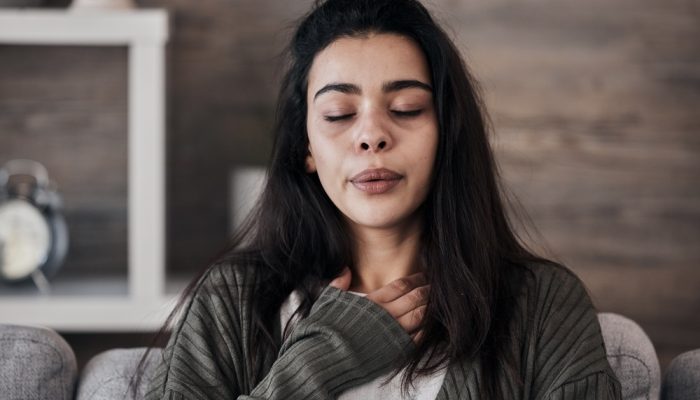
- Therapy – Talking to a trained therapist or counselor can provide helpful coping strategies for managing anxiety. Cognitive Behavioral Therapy (CBT) is often recommended as an effective treatment option for anxiety.
- Self-care – Taking care of yourself physically and mentally is crucial for managing anxiety. Make sure to get enough sleep, eat a healthy diet, and prioritize time for relaxation and self-care.
- Herbal remedies – Some herbs, such as chamomile, passionflower, and lavender have been shown to have calming effects on the body and mind. Using these as tea or essential oils may help reduce anxiety symptoms.
Best treatment for anxiety medication addiction in Beverly Hills, CA
Treating anxiety is already a difficult task, but dealing with medication addiction adds another layer of complexity. You want to cure your anxiousness, but at the same time you don’t want to become dependent on medications.
If you need help with substance abuse in Beverly Hills, California, reach out to Safe Haven Recovery, your trusted Luxury rehab center, today. We can help you find the right treatment program in Beverly Hills to address not only your addiction, but also any underlying issues that may be contributing to your anxiety. Our team of trained professionals can provide you with the support and resources you need to address your anxiety and other mental health challenges.
Scientific References
Centers for Disease Control and Prevention. (2025, December 4). Benefits of physical activity. https://www.cdc.gov/physical-activity-basics/benefits/
Cleveland Clinic. (n.d.). SSRIs (selective serotonin reuptake inhibitors). https://my.clevelandclinic.org/health/treatments/24795-ssri
Mayo Clinic. (2025, February 26). Cognitive behavioral therapy. https://www.mayoclinic.org/tests-procedures/cognitive-behavioral-therapy/about/pac-20384610
Mayo Clinic. (2025, March 6). Serotonin and norepinephrine reuptake inhibitors (SNRIs). https://www.mayoclinic.org/diseases-conditions/depression/in-depth/snris/art-20044970
MedlinePlus. (2025, August 15). Hydroxyzine. National Library of Medicine. https://medlineplus.gov/druginfo/meds/a682866.html
Steenen, S. A., van Wijk, A. J., van der Heijden, G. J., van Westrhenen, R., de Lange, J., & de Jongh, A. (2016). Propranolol for the treatment of anxiety disorders: Systematic review and meta-analysis. Journal of Psychopharmacology, 30(2), 128–139. https://www.ncbi.nlm.nih.gov/pmc/articles/PMC4724648/
Wilson, T. K., & Tripp, J. (2023, April 17). Buspirone. StatPearls Publishing. https://www.ncbi.nlm.nih.gov/books/NBK531477/
